 My favourite read of this year so far is Naomi Alderman’s The Power. I picked this book up with the idea that it might cover some of the same territory and perhaps reproduce some of the same magic.
My favourite read of this year so far is Naomi Alderman’s The Power. I picked this book up with the idea that it might cover some of the same territory and perhaps reproduce some of the same magic.
It’s style is haunting, dark and compelling. Three young women live on a remote island – we are neither sure where nor when, only that their mother and a male father figure, ‘King’ tell them that the outside world is dangerous – women are treated without respect and the very air itself can cause them harm. To “strengthen” their hearts and minds, they are subjected to what can only be described as mental and physical tortures. But the reader can see that these ordeals rather keep them supressed, living both physically and emotionally with so little nourishment.
Once, women used to seek refuge here. But now, they are alone. One day, King disappears. Shortly after that, two men and a boy wash ashore. What follows is a taut but slow unwinding of relationships and lies – but no real truths. I am still left wondering many things after closing the final page.
I found this lyrical and spare novel on the Man Booker Longlist – sadly it never made it to the shortlist. In a sense, I can see why. This book poses a lot of fascinating questions – enough to garner serious interest. But without answers, the reader is left wondering as to the exact purpose and message of Sophie Mackintosh.
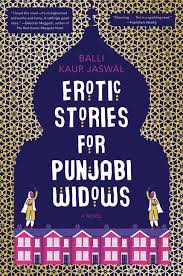 I can’t remember where I read something positive about this book, but when it came time to binge on audiobooks over the school holidays, Erotic Stories for Punjabi Widows popped up on my list. And it was delightful.
I can’t remember where I read something positive about this book, but when it came time to binge on audiobooks over the school holidays, Erotic Stories for Punjabi Widows popped up on my list. And it was delightful.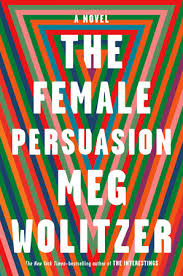 I’m still pondering this eleventh novel by heavenly novelist, Meg Wolitzer. From Wolitzer I can normally expect a kind of fast-paced tour-de-force of the human condition…. Often with very young characters coming into adulthood. The Female Persuasion feels more grown up, more of a thinker, but certainly it lacked the obsessive must-read quality many of her other novels have been characterised by.
I’m still pondering this eleventh novel by heavenly novelist, Meg Wolitzer. From Wolitzer I can normally expect a kind of fast-paced tour-de-force of the human condition…. Often with very young characters coming into adulthood. The Female Persuasion feels more grown up, more of a thinker, but certainly it lacked the obsessive must-read quality many of her other novels have been characterised by.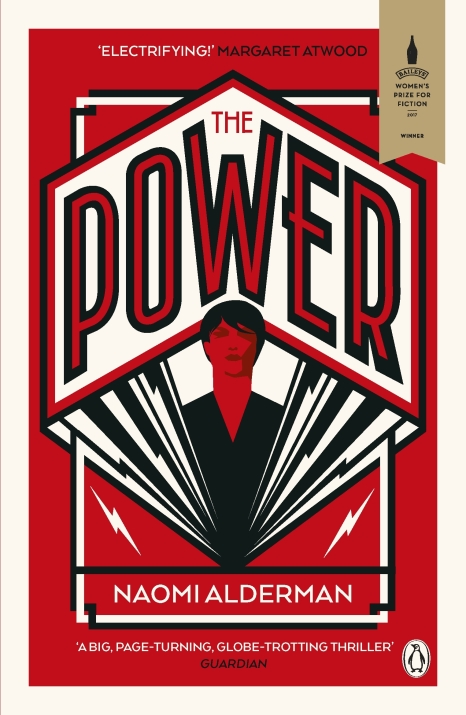 This book has been sitting on my bedside table for months… and I have been making my way through the pile with the sneaking suspicion that this would be amazing.
This book has been sitting on my bedside table for months… and I have been making my way through the pile with the sneaking suspicion that this would be amazing. One for the fans.
One for the fans. I avoided reading this incredibly popular book for quite some time, assuming it might be pretty average chick lit written only for mass appeal. But I have to admit, I listened to this on audio and was completely spellbound. I listened to it every moment I could and towards the end actually found myself sitting and doing nothing just so I could listen.
I avoided reading this incredibly popular book for quite some time, assuming it might be pretty average chick lit written only for mass appeal. But I have to admit, I listened to this on audio and was completely spellbound. I listened to it every moment I could and towards the end actually found myself sitting and doing nothing just so I could listen.


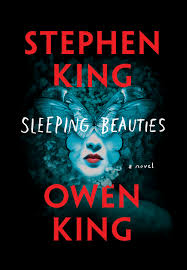 Stephen King co-wrote this novel with his son Owen, passing the chapters between them and re-writing each other. The result is a novel that feels very much like King himself – his stamp is all over it.
Stephen King co-wrote this novel with his son Owen, passing the chapters between them and re-writing each other. The result is a novel that feels very much like King himself – his stamp is all over it. been an incredibly successful series of novels about women during the War of the Roses and the Tudor Ascension. And while I have really enjoyed this series – its easy to see why. She is stretching a little here in this final installment.
been an incredibly successful series of novels about women during the War of the Roses and the Tudor Ascension. And while I have really enjoyed this series – its easy to see why. She is stretching a little here in this final installment.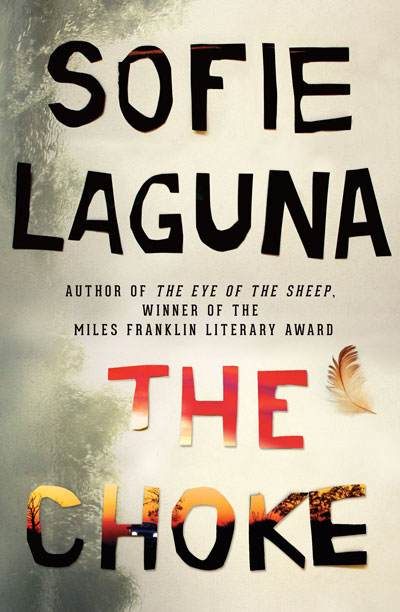 Sofie Laguna’s
Sofie Laguna’s